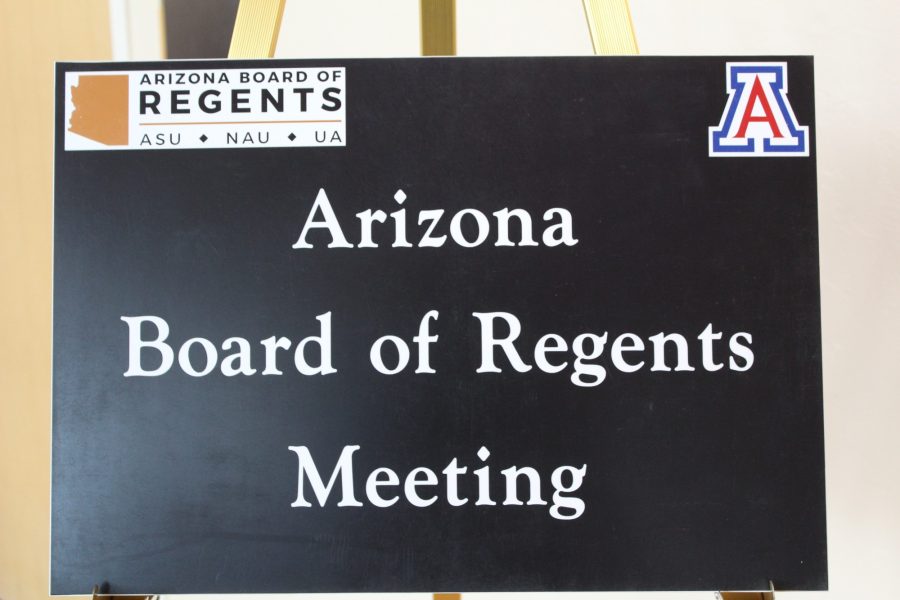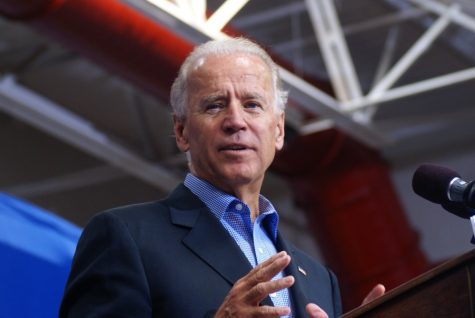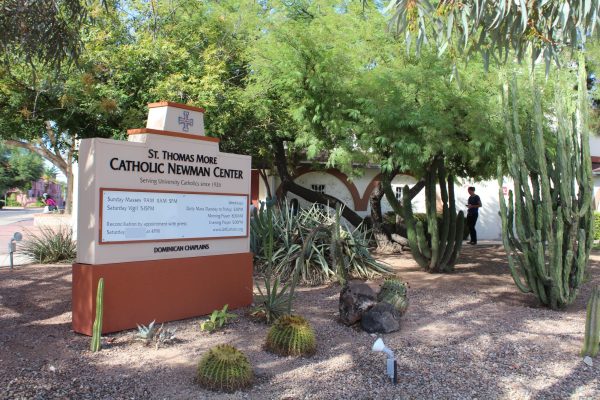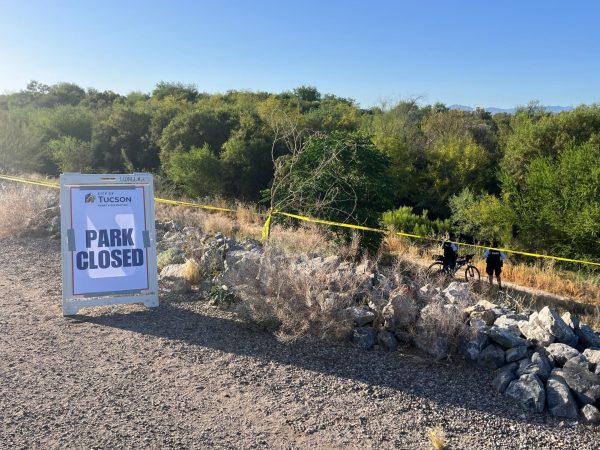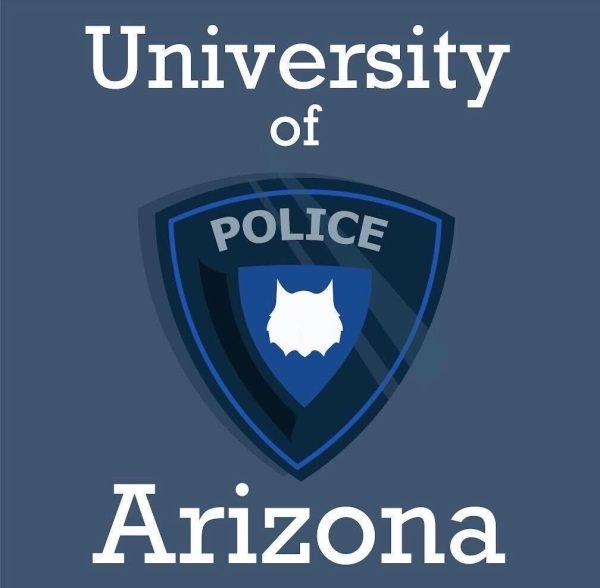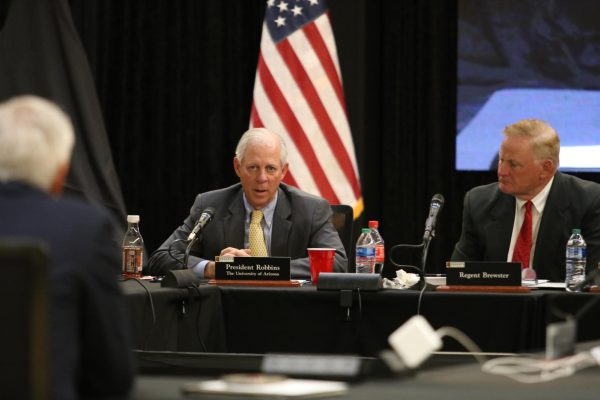Arizona Board of Regents approve UA tuition increase; And other notes from the April meeting
An Arizona Board of Regents meeting sign from Nov. 21, 2019.
April 9, 2022
The Arizona Board of Regents met at the University of Arizona Thursday, April 7 to discuss matters pertaining to the UA, Northern Arizona University and Arizona State University. Here’s a recap of a few things talked about, including the approval of the first tuition increase since the pandemic began for all three schools.
Approval of tuition increase
The board approved a tuition increase for all three universities to begin this upcoming fall semester with each school’s incoming classes.
For the UA, tuition will increase by 2% for incoming in-state undergraduate students, and 5.6% for incoming out-of-state undergraduate students.
“As with recent years, more than 99% of continuing undergraduate students will experience no increase in tuition or mandatory fees for 2022-2023, due to their enrollment in the tuition guarantee program,” UA President Dr. Robert C. Robbins said in his letter in favor of the tuition increase.
Along with tuition, ABOR also approved the increase of the UA’s mandatory fees for Health and Recreation, the Arizona Financial Aid Trust Fund and Student Services.
For certain colleges, the tuition increase amount varies from the general increase mentioned above.
UA College of Medicine tuition in both Tucson and Phoenix will increase by 4.3% for in-state students and 1% for out-of-state students still in their first through fourth years of school. And tuition for the College of Veterinary Medicine will increase by 3% for both in-state and out-of-state students still in their first through third years of school.
While undergraduate tuition for online students will not be increasing, tuition for graduate students at the UA will increase by 9% per every credit hour.
Committees and other issues
Regent Larry Edward Penley recognized the advantage of each ABOR committee meeting separately, rather than conducting each matter of business at the larger board meeting.
Penley said these individual meetings allow each group “to delve more deeply into issues associated with those committees.”
At this time, each representative gave brief reports of their prior committee meetings.
Academic Affairs and Educational Attainment
First, Penley, the committee chair, discussed their meeting on March 24 where members highlighted the importance of general education programs at the three universities. Penley said that committee members recognized the need to do something different with general education.
“We challenged the three universities with a new policy that, not only offered some new direction in general education but also called on the three universities to do some sense of distinction about who that university really is and what they really promise,” Penley said.
Penley expressed the need for the universities to work collaboratively with their faculty to implement the general education programs necessary.
Next, UA President Robbins honored five professors by appointing them the titles of Regent Professors. These faculty are individuals who have reached academic excellence through their teaching efforts and individual accomplishments, according to Robbins.
The five professors are as follows: Sama Alshaibi, School of Fine Arts; Jean-Luc Bredás, College of Science, Chemistry and Biochemistry; Juanita Merchant, Department of Medicine; David Pietz, Department of History and Donata Vercelli, College of Medicine, Cellular and Molecular Medicine.
Lastly, ASU’s School of Ocean Futures was approved by ABOR. The new academic organizational unit aims to be fully operating by the fall semester of 2022, according to Provost Nancy Gonzales. The program will focus on topics in ocean science.
Research and Health Sciences
Regent Fred DuVal, chair of the Research and Health Sciences Committee, summarized the discussion at their March 25 meeting as a general theme of “collaborations of key partnerships.”
First, he highlighted the importance, growth and promise of the relationships that ASU holds with the Phoenix Biomedical Campus, and that UA holds with Banner Medical Center. Duval described the relationship between UA and Banner as “limitless.”
Next, he discussed Regents grants. The committee selected five of the 17 proposals from all three universities for the initial funding round. Each proposal selected had to do with environmental research and control.
Audit Committee
Committee chair Regent Bill Ridenour recognized that the auditing process is very long and difficult, but ABOR is exploring options to make it easier for universities.
Some of these methods include “using student interns or even part-time positions,” said Ridenour.
According to him, the committee is working collaboratively with the universities to reduce backlogs, but some projects have been delayed to ensure that they are being done to the best of their ability.
RELATED: Say howdy to the UA rodeo team
Student Regent Report
Student Regent Nikhil Dave detailed the committee’s efforts to increase the number of Free Application for Federal Student Aid (FAFSA) reports completed.
ABOR has partnered with the Department of Economic Security in an attempt to increase the number.
“There’s two parts to this partnership. The first was reducing barriers to completing FAFSA as well as providing resources to complete FAFSA, but then also increasing awareness of FAFSA,” Dave said.
Arizona Faculties Council
Council chair Cathryn Ellis opened with a statement thanking ABOR for their public opposition to Russia’s invasion of Ukraine.
Then, Ellis said that faculty members have begun questioning ABOR’s measurement of educational attainment among students, noting that “attainment looks different for each student.”
She then said that the council suggests new methods for measuring students’ engagement, attainment and completion.
Follow Tatyana Johnson and JT Thorpe on Twitter



